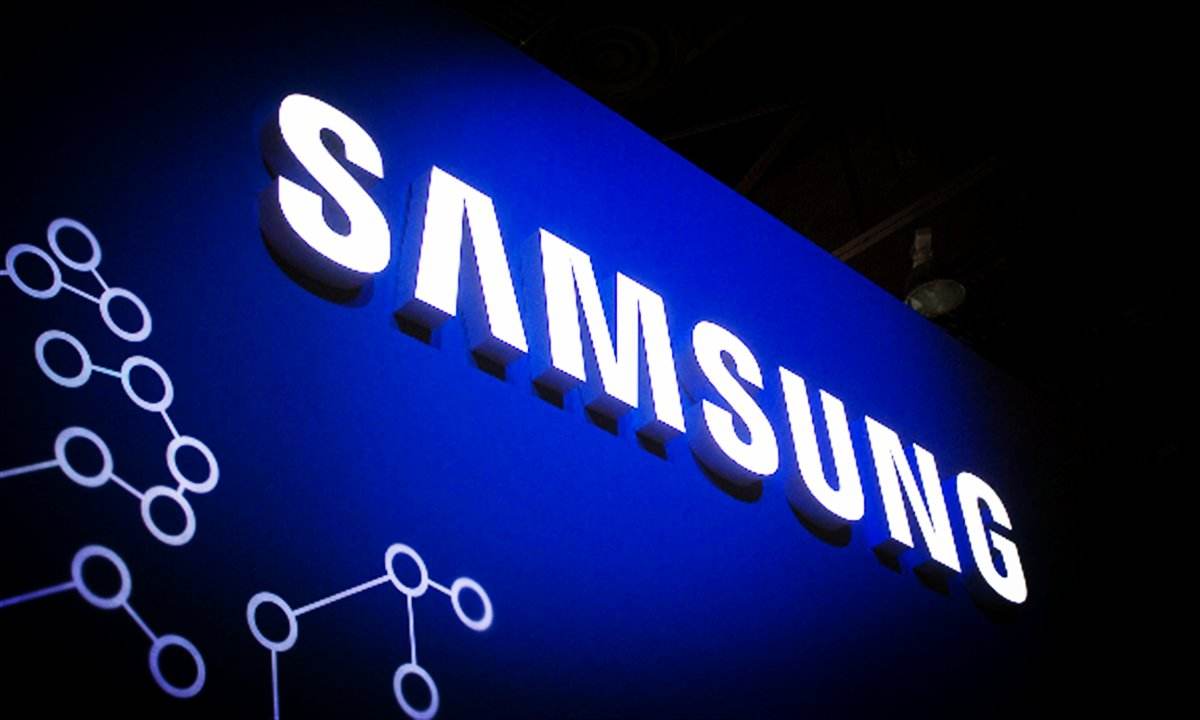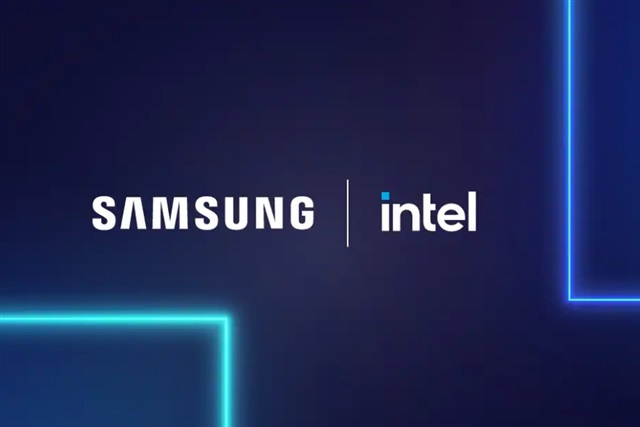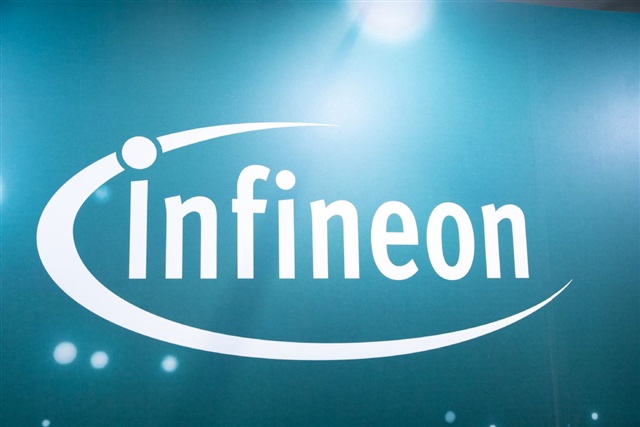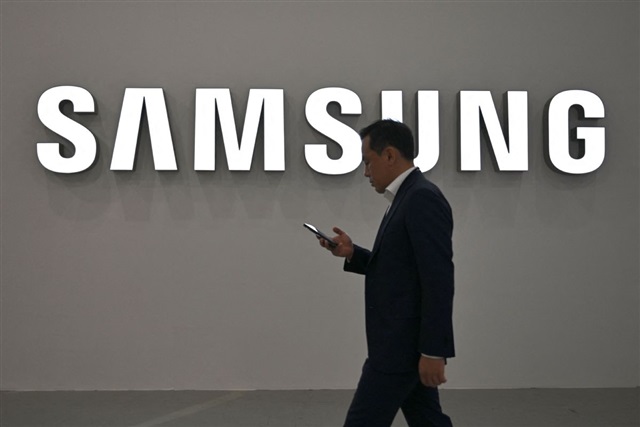September 20, according to South Korean media THEELEC, citing market sources, reported that Samsung Electronics System LSI Division plans to slightly expand OLED DDI (driver chip) production capacity in 2023, and will further secure OLED DDI production capacity for smartphones through a partnership with Taiwan's UMC.
Samsung Electronics' system LSI division is currently the global leader in the OLED DDI market. According to market research firm Omdia, as of Q1 2022, Samsung Electronics' System LSI division has a 55% market share of smartphone OLED DDI, significantly ahead of second-ranked LX Semicon at 14.6% and third-ranked Novatech at 11.6%. Samsung Electronics System LSI Division has such a strong market position, but mainly due to Samsung Electronics and Apple, two of the world's major smartphone manufacturers of large-scale adoption.
The report points out that at this stage, Samsung Electronics System LSI Division 12-inch wafer OLED DDI production line has two, mainly including Samsung foundry department and Taiwan UMC supply. In the UMC part, it uses a 28nm process 12-inch wafer production line, and the line is also used for foundry CMOS image sensors. In addition, Samsung is also actively investing, such as investing in UMC's P6 fab in Taiwan, which is scheduled to come online in 2023, not only to provide mass production equipment for the fab, but also to sign a long-term supply contract with the fab.
Source:xinzhixun

Stay up to date with the latest in industry offers by subscribing us. Our newsletter is your key to receiving expert tips.

Samsung is reportedly evaluating a potential European semiconductor expansion alongside its South Korea and US manufacturing base, as the region tightens local production requirements and Germany seek

Given frequent price increases across precious metals, wafer foundry services, and packaging and testing, Infineon's announcement of price increases is very telling for the market. The company wil

Nvidia has recently signaled to Samsung Electronics that it hopes to secure early deliveries of sixth-generation high-bandwidth memory, known as HBM4. At the same time, as memory makers devote an incr